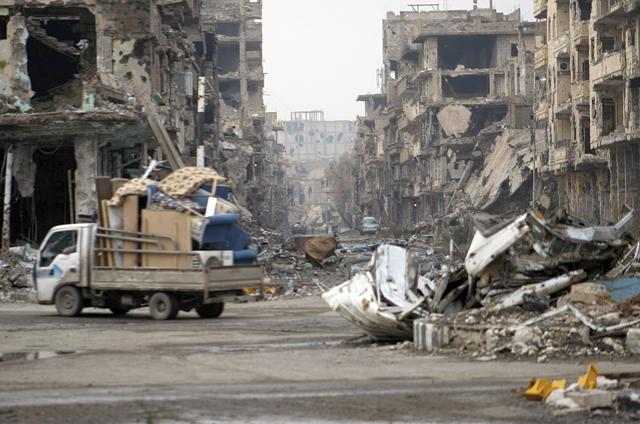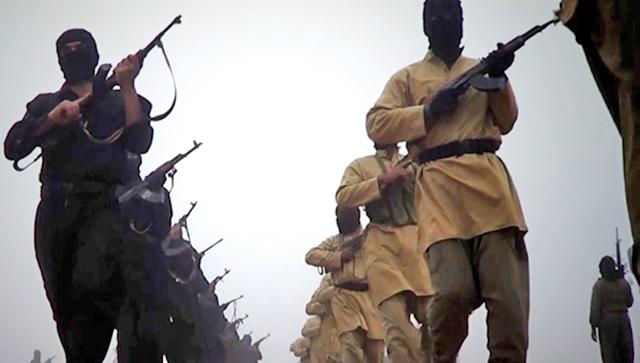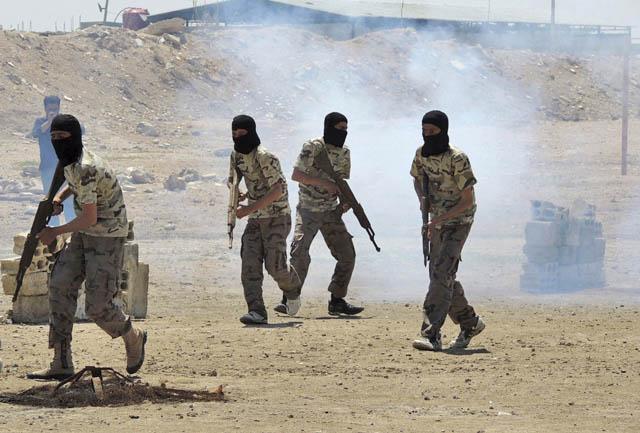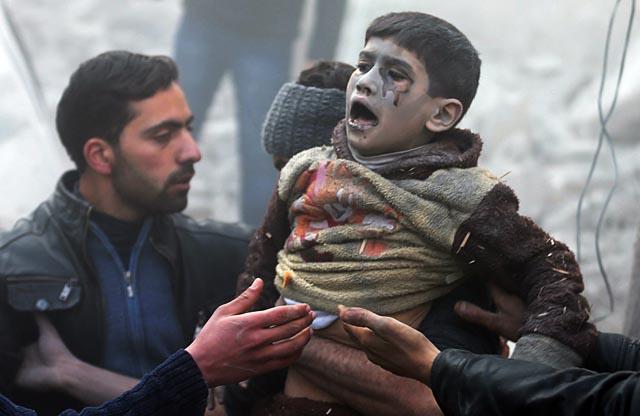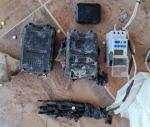AMMAN/JERUSALEM –– Syrian rebel fighters loyal to Al Qaeda ceded ground near the Turkish border to rival Islamists on Sunday, activists said, in what seemed to be a tactical withdrawal to end clashes between Syrian- and foreign-led opponents of President Bashar Assad.
As Syria’s civil war gets ever more complex amid a broad regional confrontation between Sunni and Shiite Muslims, the United States raised the prospect of Assad’s sponsor Iran, the Shiite power long at odds with Washington and its Sunni Arab allies, playing some role in this month’s Syrian peace talks.
US Secretary of State John Kerry said Tehran still should not take formal part in the peace conference scheduled to start on Lake Geneva on January 22 because it had not endorsed a 2012 accord calling for a new Syrian leadership. But he said there might be ways that Iran could “contribute from the sidelines”.
There is little prospect of a rapid end to the Syrian conflict but the resurgence in Iraq of mutual enemy Al Qaeda, and a recent rapprochement with the new Iranian president, have raised speculation about a common effort between the United States and Tehran to contain instability in the region.
Kerry, visiting Jerusalem, pledged to help Iraq’s Shiite-led government fight Al Qaeda but said Washington was not considering sending US troops, two years after they withdrew.
Syrian opposition activists said the Islamic State of Iraq and the Levant (ISIL), allied to Al Qaeda and featuring foreign jihadists among its commanders, had pulled back on Sunday from strongpoint including Al Dana and Atma in Idlib province and that fighters from the Nusra Front and Ahrar Al Sham moved in.
“The Islamic State is pulling out without a fight. Its fighters are taking their weapons and heavy guns,” activist Firas Ahmad said. He added that the ISIL fighters headed in the direction of Aleppo, where Assad’s troops have stepped up pressure on rebel forces who captured the city 18 months ago.
Another activist, Abdallah Al Sheikh, said that some Syrian ISIL fighters had stayed in place but switched allegiance to the Nusra Front, whose commanders are mostly Syrian rather than foreign. Nusra coordinates with the Islamic Front, a coalition of Syrian Islamist brigades that includes Ahrar Al Sham.
Syrian opposition supporters and diplomats said that, despite days of skirmishing in the northwest between ISIL and other rebel factions, a broad alliance involving these groups seemed to be holding in the desert east of the country.
“There is certainly competition between ISIL and the other Islamist militants, but it does not appear there is full-scale confrontation,” a Middle Eastern diplomat said.
The strength of radical Islamists, nearly three years after popular revolt broke out against Assad, has caused Western powers to hold back on practical support for the rebels despite endorsing the goal, shared with Sunni Arab states such as Saudi Arabia and Qatar, of overthrowing the Syrian president.
Syria peace talks
Western powers preparing for the peace conference in Montreux later this month have been pressing other opposition groups, friendlier to Western interests, to resolve their own factional disputes and take a full role in negotiations.
The Syrian National Coalition (SNC), a Western-backed umbrella body formed largely by exiles, was meeting in Istanbul to elect new leaders and vote, probably on Monday, on whether to take part in talks with Assad’s representatives.
Many in the SNC are concerned that it could jeopardise what support it enjoys inside Syria by takiang part in the talks with Assad’s delegates at what is known by the UN organisers as “Geneva II” — a sequel to international talks in Geneva in 2012.
While the Islamic Front and others fighting in Syria have ruled out negotiations, the SNC has said it would take part on certain conditions — though few of these, such as the release of prisoners and more aid to rebel areas, have been met.
Nonetheless, senior SNC member Anas Abdah told Reuters the coalition was under pressure to take part in talks, if only to avoid losing the goodwill and support of Western powers: “The only clear political option is Geneva 2,” he said.
“If we don’t explore this option, the international community might lose interest and not do anything.”
Monzer Makhous, the SNC envoy in Paris, said: “There cannot be a political solution from Geneva because the terms set out by the international community at previous meetings have not been met... But at this stage we have no other option.”

